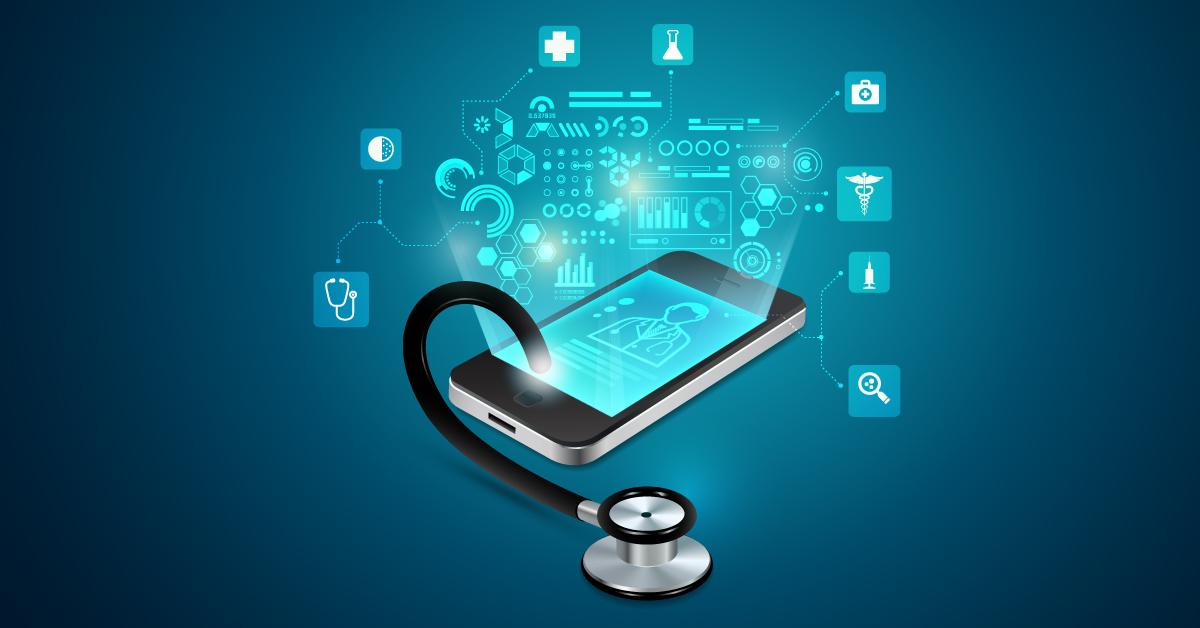
In this age of rapidly evolving technology, it’s not uncommon to find apps and devices for almost every aspect of our lives. Health management is one such area that has significantly benefited from technological advancements. Smartwatches that track our heart rates, apps that help us manage our diet, and even online platforms that offer psychological support – all of these are modern examples of how technology aids in better health management. However, as technology evolves, so do the methods and approaches to health management. Today, we will delve into some of these advancements and explore how you can utilize technology for better health management.
Managing Neuropathy with Technology
A standout example of technology being used in health management comes in the form of solutions to manage neuropathic pain. Neuropathy is a complex condition that can cause chronic pain, numbness, and muscle weakness. Despite the various medications available, many people seek non-pharmacological solutions to manage their symptoms.
This is where technology steps in. By using non-invasive techniques like Transcutaneous Electrical Nerve Stimulation (TENS), infrared light therapy, and even apps that provide cognitive behavioral therapy, people suffering from neuropathy can manage their symptoms without relying on medication. Notably, Dr. Randall Labrum has developed a comprehensive program known as the Peripheral Neuropathy Solution. This approach leverages various techniques to alleviate neuropathy pain and improve overall health. It is an excellent example of how technology can significantly aid in managing chronic health conditions.
Staying Healthy with Natural Remedies
While technology has provided us with numerous health management tools, it’s also important to remember the value of natural methods. For instance, the application of natural remedies is a time-tested approach that’s now backed by scientific research. With the rise of the internet, we have access to a wealth of information about these remedies, some of which even celebrities swear by. By integrating these natural methods into your lifestyle, you can slow down age-related diseases and improve your overall well-being.
Health Management and Cleanliness
Technology doesn’t just come into play in the form of devices or apps; it can also help provide information on the smallest of habits that have a significant impact on our health. For example, something as simple as keeping your office desk clean can boost your productivity and, in turn, your mental health.
Through platforms like these, we can access a wide array of information on the little things we can do to improve our health. Combining these habits with technologically advanced health tools can result in comprehensive health management.
In conclusion, it’s clear that technology has a significant role to play in health management. From helping manage chronic conditions like neuropathy to providing information on natural remedies and healthy habits, technology has truly transformed the way we approach health management. As we continue to embrace technology in our daily lives, we should also remember to use it to our advantage for managing our health.
Digital Health Applications
The widespread adoption of smartphones and wearables has led to the emergence of countless health-related apps. These applications can monitor vital signs, remind us to take medication, and even provide guided meditation sessions to reduce stress levels. Some apps also allow users to connect with healthcare providers remotely, thereby eliminating the need for physical hospital visits. This not only saves time but also reduces the risk of exposure to hospital-borne infections. The utility and convenience of these apps have made them a staple in the world of health management.
The Role of Artificial Intelligence in Health Management
Another exciting development in the realm of technology and health management is the use of Artificial Intelligence (AI). Today, AI is used in predictive analytics to determine potential health risks, in diagnostic procedures, and even in personalized treatment plans. AI has also shown promise in mental health care, where it’s used in chatbots to provide cognitive behavioral therapy. These technological advancements are pushing the boundaries of what’s possible in health management, revolutionizing the way we detect, diagnose, and treat various health conditions.
Virtual Reality and Mental Health
Virtual reality (VR) is another exciting technology that has found its way into health management. Initially popularized in the gaming industry, VR is now being used in therapeutic settings to treat mental health conditions like post-traumatic stress disorder (PTSD) and anxiety. VR therapy involves placing the patient in a controlled virtual environment where they can confront their fears or traumas safely. This form of treatment has shown promise in various studies and continues to be a rapidly evolving field in health management.








